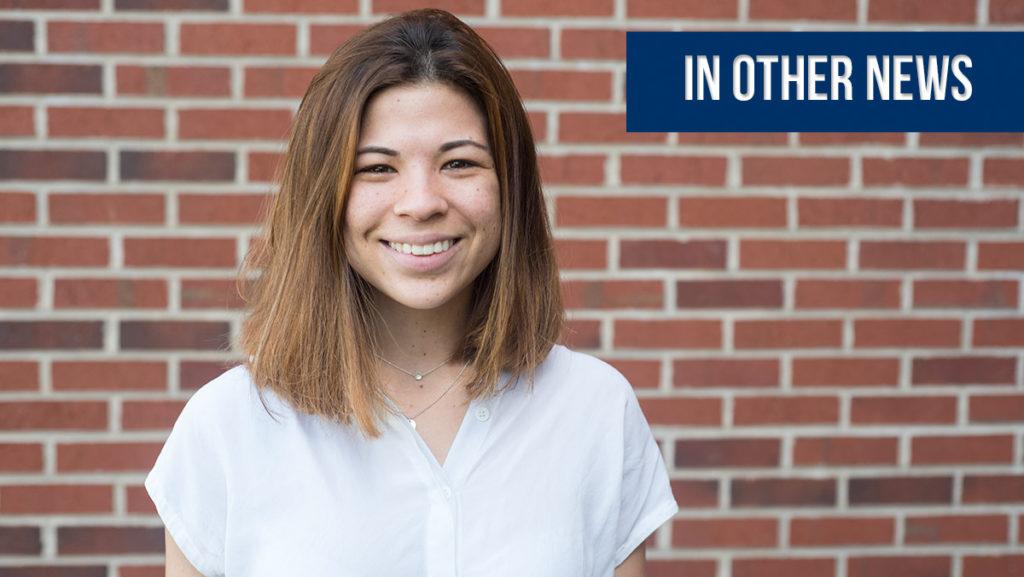We sometimes underestimate — and almost always forget — the power sports have to catalyze political protests and mirror the current climate in international relations. With Russia’s hosting the 2018 World Cup in a little over a year, there is a large window of opportunity for President Donald Trump’s administration to take a public stance on its relationship with Russia.
Back in 1979, the Soviet Invasion of Afghanistan led President Jimmy Carter to boycott the 1980 Moscow Olympics. This statement told the world that the U.S. would not let Russia get away with taking its place as world police, and it is also considered one of the “silent” acts of the Cold War.
But today, we are at a tipping point with Russian relations. The public seems to hate Russia and its alleged hacking of the 2016 presidential election, but the Trump administration has gone to bed with Russia in the efforts of capitalizing on the Syrian Civil War, even after Trump alluded to the idea that Russia should take care of Syria while he takes care of domestic issues.
Although the U.S. military is refusing to work with Russian troops on airstrikes and there will probably be hostility between armies if more U.S. boots are put on the ground, Trump is still pushing for U.S. and Russian forces to work together in a war that even Congress is trying to avoid. Most people in the U.S. distrust Russia, but it is doubtful that there will be any pushback in attending the World Cup. Not attending would send a clear message to the world that the U.S. and Russia are not allies; the problem is they probably are.
Just like Hitler did with the 1936 Olympics, Russia and the U.S. could use the Cup to hide behind a smoke screen of celebration, to bring people closer together. What they’re hiding is still unclear, but the addition of more troops in Syria, as well as the efforts of the Trump administration’s denying ties to Russia, even though there is evidence for it, could mean that they’re hiding the fabrication of a new war. The Cup could serve as the testament to newly found and dangerous relations between Trump and Putin.
I hope I’m wrong, and as an avid fútbol fan, I don’t want the Russian World Cup to be tainted with political cynicism.




